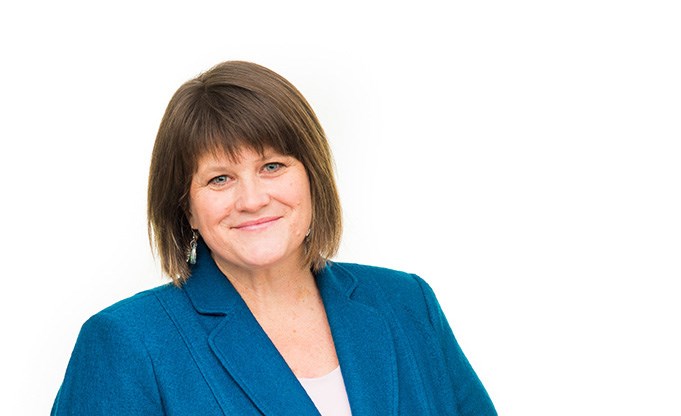If there is one resonant memory of the 2010 Olympics it was the frequent, reliable transit.
There was a limited commuter service back then. A commuter service began in 2006 as a response to a tragic 2004 accident that took the lives of seven Squamish residents. It ceased in 2011 when the province and the District could not agree on a funding model without the inclusion of Whistler, which had pulled its funding for a variety of reasons.
Regional transit funding and governance has always been the challenge. One could argue that regional transit should be funded by provincial governments similar to Ontario’s Crown corporation, GO Transit.
But the B.C. government has never taken this approach to connecting communities. Rather, B.C. historically looked to municipal taxes to carry the lion’s share of the costs — 56 per cent, minus fare revenue.
The SLRD explored the idea of an at-the-pump motor fuel tax like Translink’s to offset municipal costs.
The definitive response from the minister between 2010 to 2011 was that any motor fuel tax revenue would offset provincial costs, not municipal, and they weren’t interested.
We met again with then-transportation minister Todd Stone in the spring of 2015, and he indicated that they were open to — but not actively working on — regional transit.
He said that we really needed to talk to the finance minister.
Minister Stone also took the approach of all his predecessors: corridor local governments had to be aligned.
In September of that year, the District, along with the mayor of Pemberton and the chair of the regional district, met with Mike de Jong, who was finance minister at the time.
His response: the provincial government would not take a lead on a motor fuel tax, but if municipalities wanted to explore the idea, they needed to do it as a unit.
BC Transit finalized its Sea to Sky Transit Future Plan in 2015.
It clearly outlines the interest in regional transit, and BC Transit followed up between 2016 and 2017 with a two-phase public engagement process to drill down on this possible service. Corridor representatives met with Transportation Minister Claire Trevena last September and came away with a renewed optimism for a different approach to funding and a commitment to delivering regional transit, not only in Sea to Sky, but throughout the province.
Today, for the first time, all Sea to Sky local governments, as well as the Squamish and Lil’wat Nations, are aligned and motivated. We’re working together on governance and funding with an eye to implementing regional transit by fall 2019 as per BC Transit’s schedule.
Determining a funding and governance model that works for everyone will be a challenge.
The hard, complicated work has just begun.



